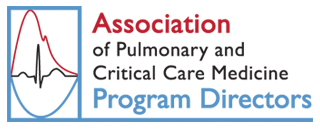|
| |
The APCCMPD strives to support the career development and academic advancement of training program directors, program faculty, and staff. |
|
8:00 AM - 4:55 PM
$550 Member / $750 Non-Member *
* APCCMPD reserves the right to cancel the Precourse due to low enrollment
Breakfast, Lunch, and Breaks Provided

The Fellowship and GME Leadership Training (FLIGHT) Academy Precourse is designed to provide a comprehensive experience for new and emerging program directors and medical education leaders to learn about leading a fellowship program.
Join APCCMPD Leadership for a full-day pre-conference developed to enhance participants' understanding and knowledge of all aspects of fellowship program management. The course provides tangible information, networking opportunities, and advice from experienced peers. It covers ACGME requirements, fellowship program financing, day-to-day responsibilities of administering a fellowship program, and additional skills critical to your success and satisfaction as both a clinician-educator and leader. We invite you to attend and develop the expertise you need to excel in your role as a new or aspiring education leader.
LEARNING OBJECTIVES
At the conclusion of the Fellowship and GME Leadership Training (FLIGHT) Academy Precourse, participants should be better able to:
- Gain insights into optimizing the Clinical Competency Committee (CCC), Professional Executive Committee (PEC), and Annual Program Evaluation (APE).
- Learn how to use data from the annual fellow's survey effectively.
- Explain the trainee recruitment approaches.
- Discuss strategies to leverage your leadership team for an improved fellowship program.
- Develop an approach to outcomes-oriented training.
- Establish attainable goals to improve your program and meet ACGME site visit requirements.
- Support the well-being and engagement of program faculty.
- Efficiently develop new curricula using a step-wise approach and capitalize on opportunities for scholarly dissemination of your work.
- Learn the best practices for trainee well-being.
- Equip yourself with knowledge and approaches to support struggling learners.
- Find solutions to your greatest challenges as educational leaders.
TARGETED LEARNERS
- New Program Directors (within 5-7 years)
- Associate Program Directors
- Assistant Program Directors
- Aspiring Education Leaders
Agenda
All Times are in PACIFIC Time Zone
| TOPIC / SESSION TIME / TITLE |
GENERAL SESSION DESCRIPTION |
| ACGME PROGRAM ADMINISTRATION |
8:00 AM - 8:05 AM (PST)
Welcome

James Frank, MD, MA |
|
8:05 AM - 8:55 AM (PST)
ACGME Alphabet Soup for New Program Directors
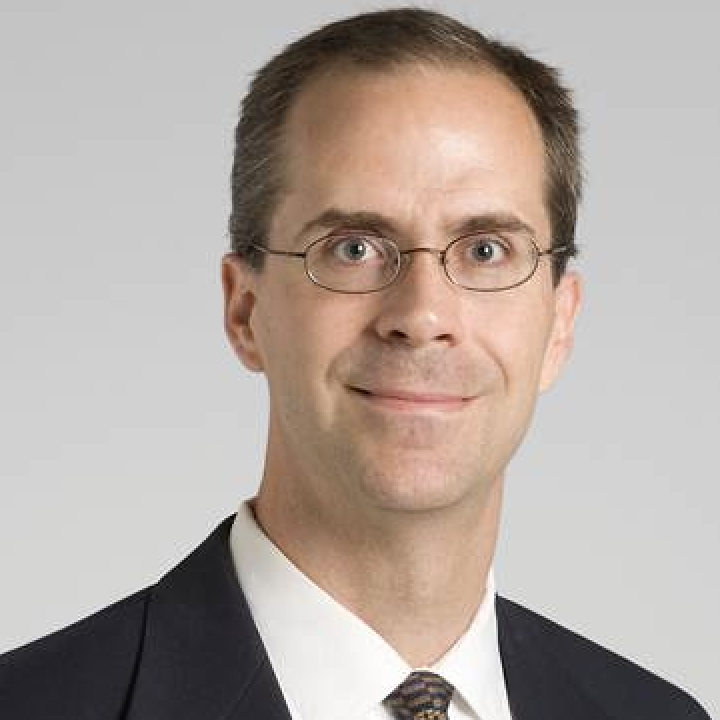
Rendell W. Ashton, MD |
Overview directed to new Program Directors of the ACGME organization and how program leaders can make the most of their interactions with ACGME, including important deadlines, requirements and tips for success.
Session objectives:
At the conclusion of this session participants should be better able to:
1. Understand what the ACGME is and how it can help you as a Program Director.
2. Understand the intent of some of the program requirements and how best to fulfill them in your program. |
8:55 AM - 9:25 AM (PST)
Overview of Trainee Recruitment
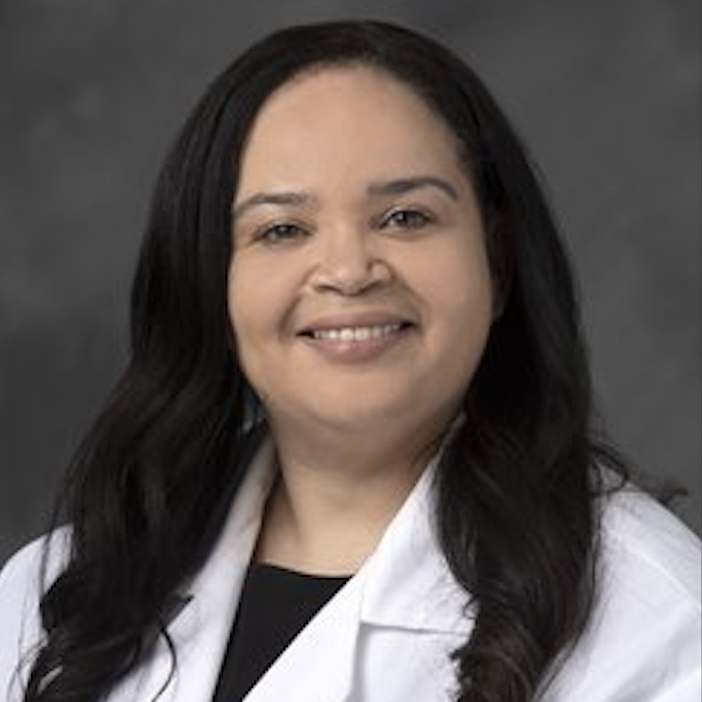
Geneva Tatem, MD |
To help educate new Program Directors and Associate Program Directors on how to navigate difficulties as a program leader. To help leaders to identify resources to help problem solve in their training program.
Session objectives:
At the conclusion of this session participants should be better able to:
1. Define commonly used remediation terms to apply to the creation of policies and procedures.
2. Describe the essential elements of the remediation process and outline the steps for completing them.
3. Identify special circumstances that impact the remediation process for trainees.
|
| BEING AN EDUCATION LEADER |
9:25 AM - 9:50 AM (PST)
Role of the Program Director in Leading the Program
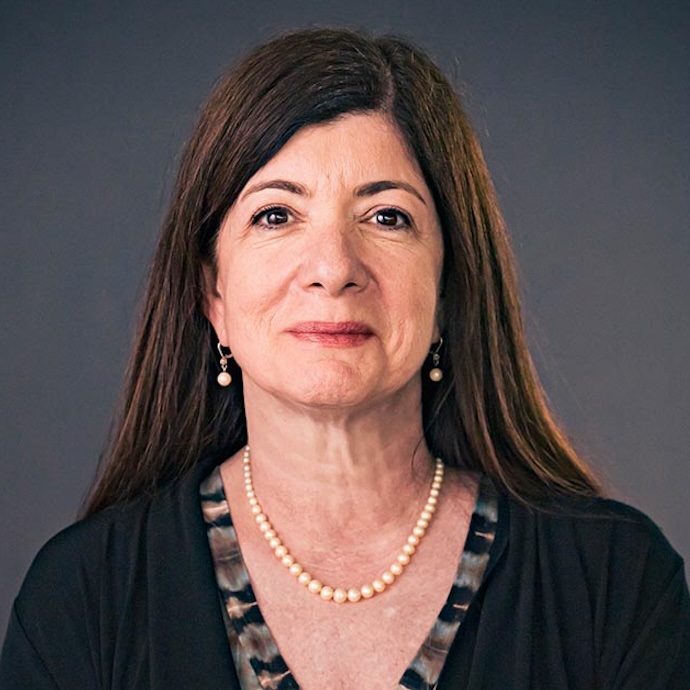
Doreen J. Addrizzo-Harris, MD, FCCP |
This session will allow new Program Directors and Associate Program Directors to learn the important pieces of leading as a Program Director. They will hear from an experienced Program Director how to collaborate with divisional leadership, GME and faculty.
Session objective:
At the conclusion of this session participants should be better able to:
1. Understand the key leadership tools needed to have a successful fellowship program. |
|
9:50 AM - 10:35 AM (PST)
PANEL DISCUSSION
Leveraging Your Leadership Team
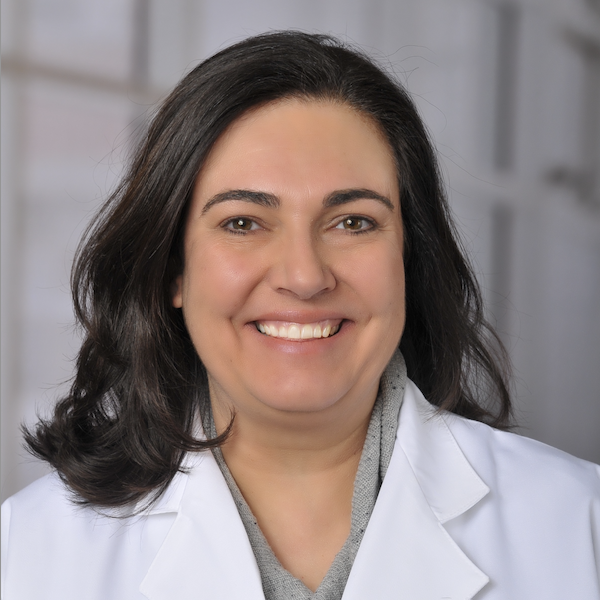 
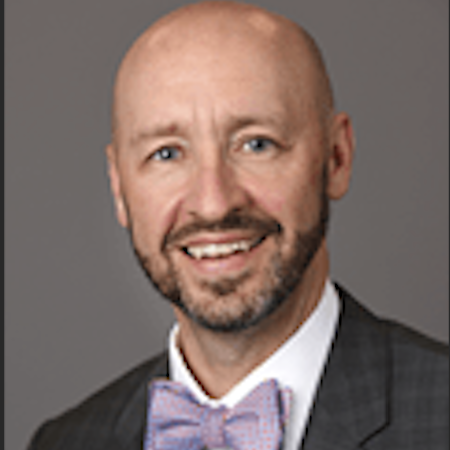 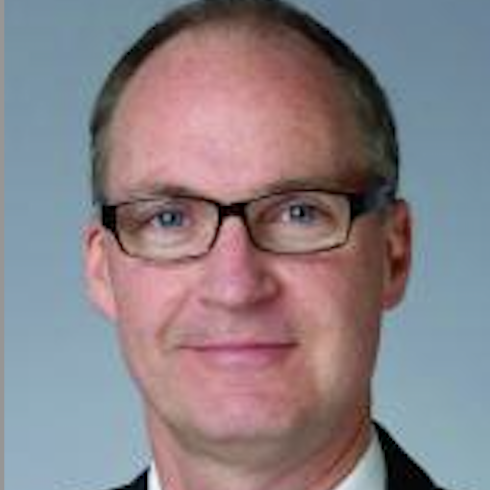
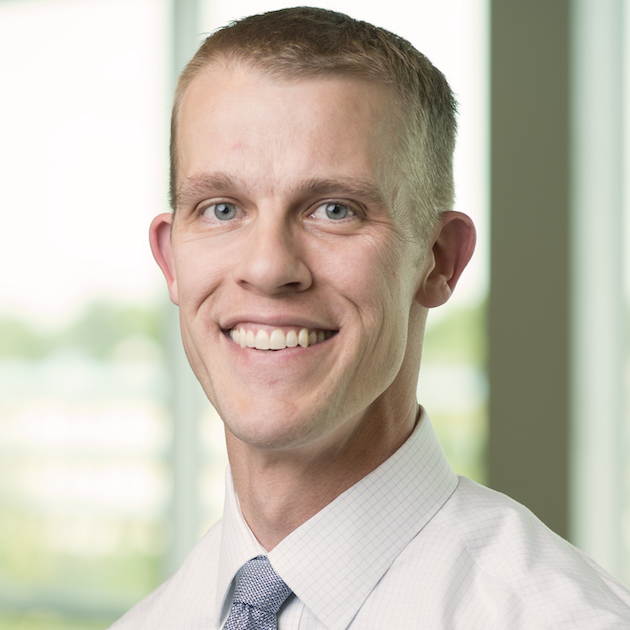 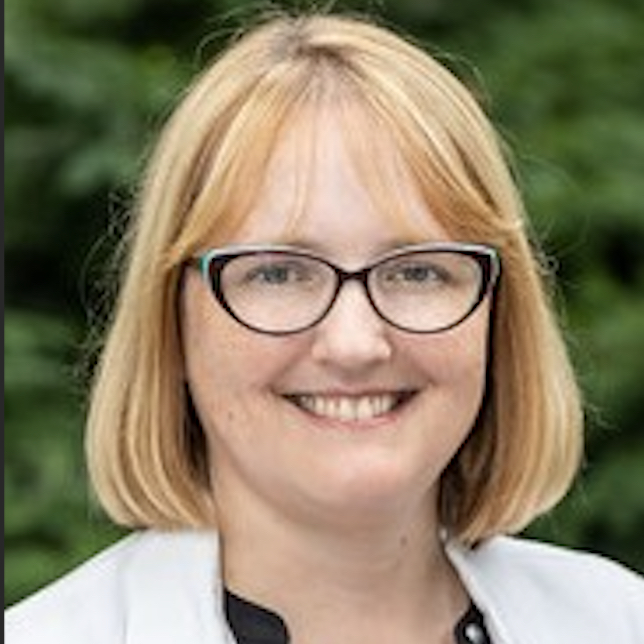
Moderator: Jennifer McCallister, MD
Panel: Doreen J. Addrizzo Harris, MD, FCCP; Gabriel Bosslet, MD, MA; John (Jack) D. Buckley, MD; Tristan Huie, MD; Maryl Kreider, MD, MSCE
|
Unlock the full potential of your fellowship program by leveraging your educational leadership team. In this insightful session, discover strategic approaches to maximize the impact of your leadership team in fellowship education.
Session objectives:
At the conclusion of this session participants should be better able to:
1. Identify opportunities to optimize the roles of the Program Director, Associate Program Director, key faculty, Program Coordinator, and division leadership.
2. Strategize approaches to foster collaborative and effective team environments. |
|
Back to top
|
| TOPIC / SESSION TIME / TITLE |
BREAKOUT SESSIONS: GROUP 1 |
|
10:50 AM - 11:45 AM (PST)
WORKSHOP
Self-Study and Continuous Process Improvement for Outcomes-Oriented Training
 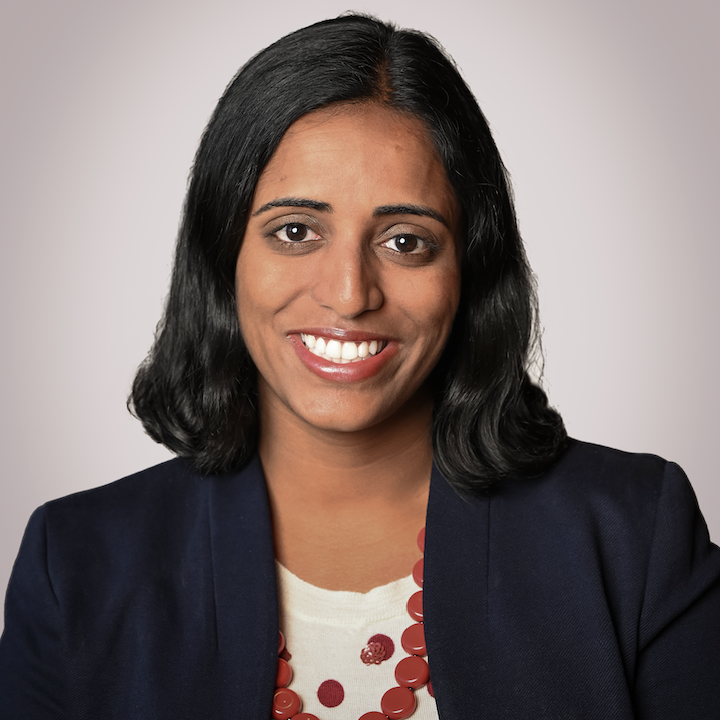 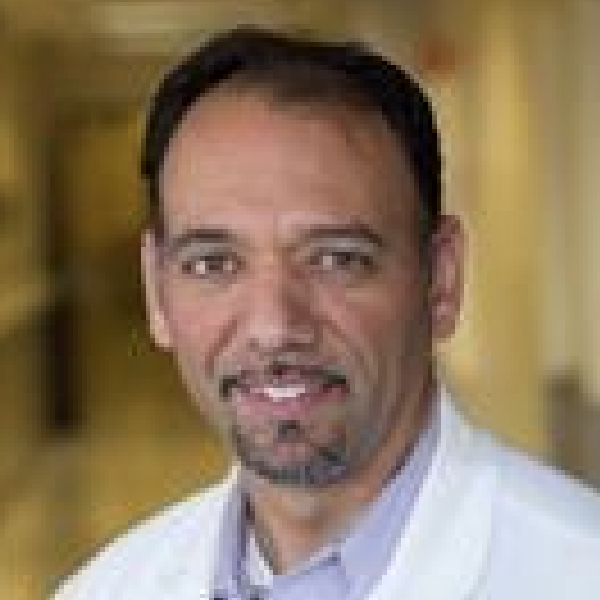
James Frank, MD, MA; Lekshmi Santhosh, MD, MAEd; Antonio Gomez, MD
|
Hands-on workshop will help education leaders engage stakeholders, critically evaluate program performance using specific metrics, and set specific goals for program improvement.
Session objectives:
At the conclusion of this session participants should be better able to:
1. Identify and engage stakeholders in program change and consider Program Evaluation Committee membership.
2. Define misison-based goals for your program.
3. Identify available metrics for monitoring progrm outcomes and processes.
4. Establish a framework to conduct a SWOT analysis for your program.
5. Develop a plan for conintuous improvement that informs the Annual Program Evaluation. |
| FACULTY DEVELOPMENT / ENGAGEMENT / WELL-BEING |
12:45 PM - 1:40 PM (PST)
WORKSHOP
How Do You Support Your Faculty?
 
Gabriel Bosslet, MD, MA; Maryl Kreider, MD, MSCE |
One of the roles of a Program Director is to support your core faculty. We will discuss common sources of struggles for core faculty and potential resources and strategies for overcoming them without overwhelming the Program Director.
Session objectives:
At the conclusion of this session participants should be better able to:
1. Identify common struggles for core faculty.
2. Recognize potential strategies for addressing core faculty struggles and grievances.
3. Determine potential resources for core faculty support besides the Program Director. |
| TRAINEE TOPICS |
1:40 PM - 2:05 PM (PST)
Supporting the Struggling Learner: The Procedural Aspects of Remediation
 |
Leaders of graduate medical education training programs must be able to navigate the steps of the remediation process to optimize fellow success and to prioritize patient safety. Developing standardized approaches to remediation will allow program directors to achieve program goals, engender trust, and ensure an equitable and transparent approach while also considering the potential legal implications to a successful or unsuccessful remediation. This session will provide a framework for establishing a consistent process for remediation with an emphasis on the process and policies needed to support the program.
Session objectives:
At the conclusion of this session participants should be better able to:
1. Define commonly used remediation terms to apply to the creation of policies and procedures.
2. Describe the essential elements of the remediation process and outline the steps for completing them.
3. Identify special circumstances that impact the remediation process for trainees. |
2:05 PM - 2:20 PM (PST)
Overview of Trainee Well-being Best Practices and Literature
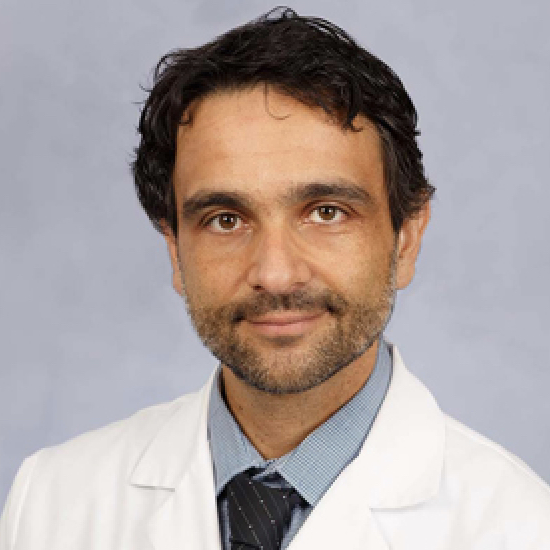
David J. De La Zerda, MD |
This session will review the key medical education literature regarding trainee wellness and approaches to trainee wellness for pulmonary and critical care educators.
Session objectives:
At the conclusion of this session participants should be better able to:
1. Review methods and conclusions of key publications addressing trainee wellness and approaches to trainee wellness.
2. Discuss areas for additional study and collaboration in the APCCMPD community and beyond.
|
| CURRICULUM |
2:20 PM - 2:35 PM (PST)
Framework for Procedural Training and Evaluation
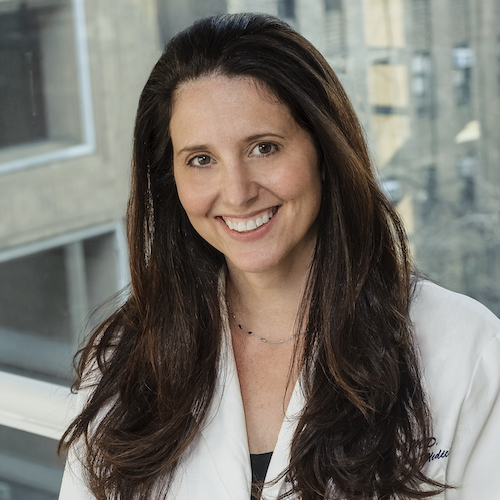 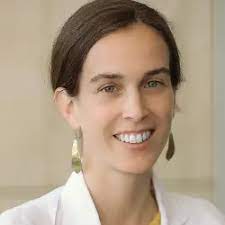
Kristin M. Burkart, MD, MSc; Briana T. Short, MD |
Critical care airway training requires engagement from a multidisciplinary team and a tailored approach to different levels of learners. In this session, we will discuss strategies we developed to create a successful critical care airway training program at our institution. We will also go over challenges we faced and lessons learned.
Session objectives:
At the conclusion of this session participants should be better able to:
1. Discuss framework for procedural skill development in a fellowship program.
2. Discuss importance of appropriate airway training in the critical care environment.
3. Identify key components to developing a long lasting procedural skill program.
4. Identify challenged encountered in developing a multidisciplinary approach for a procedural skill. |
2:50 PM - 3:45 PM (PST)
WORKSHOP
An Overview of Curriculum Development for Program Leaders
 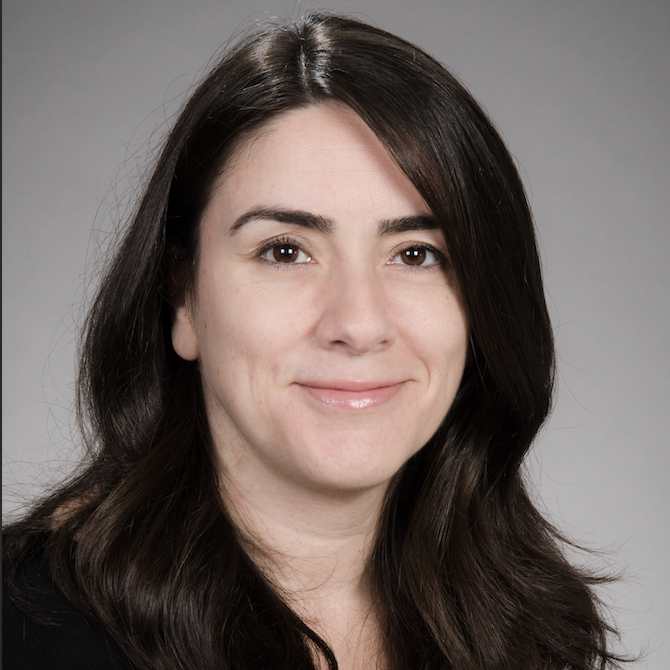
Kristin M. Burkart, MD, MSc; Başak Çoruh, MD |
This workshop will use Kern et al.’s six-step approach to curriculum development to provide educators with a framework for problem identification and general needs assessment, targeted needs assessment, writing goals and objectives, educational strategies, implementation, and evaluation and feedback.
Session objectives:
At the conclusion of this session participants should be better able to:
1. Identify an educational need in the fellowship program.
2. Outline a systematic approach to curriculum development.
3. Develop a workshop or longitudinal curriculum for the fellowship program. approach for a procedural skill. |
| PROGRAM DIRECTOR CHALLENGES |
3:50 PM - 4:50 PM (PST)
PARTICIPANT-DRIVEN PANEL DISCUSSION
Your Most Difficult Challenges as a Program Director
 
 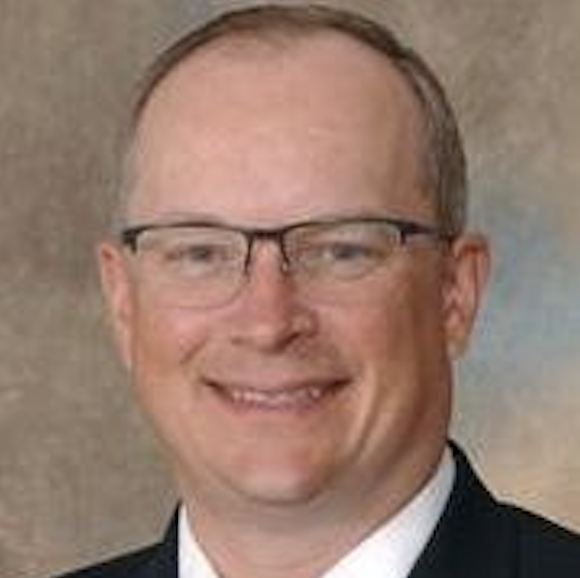
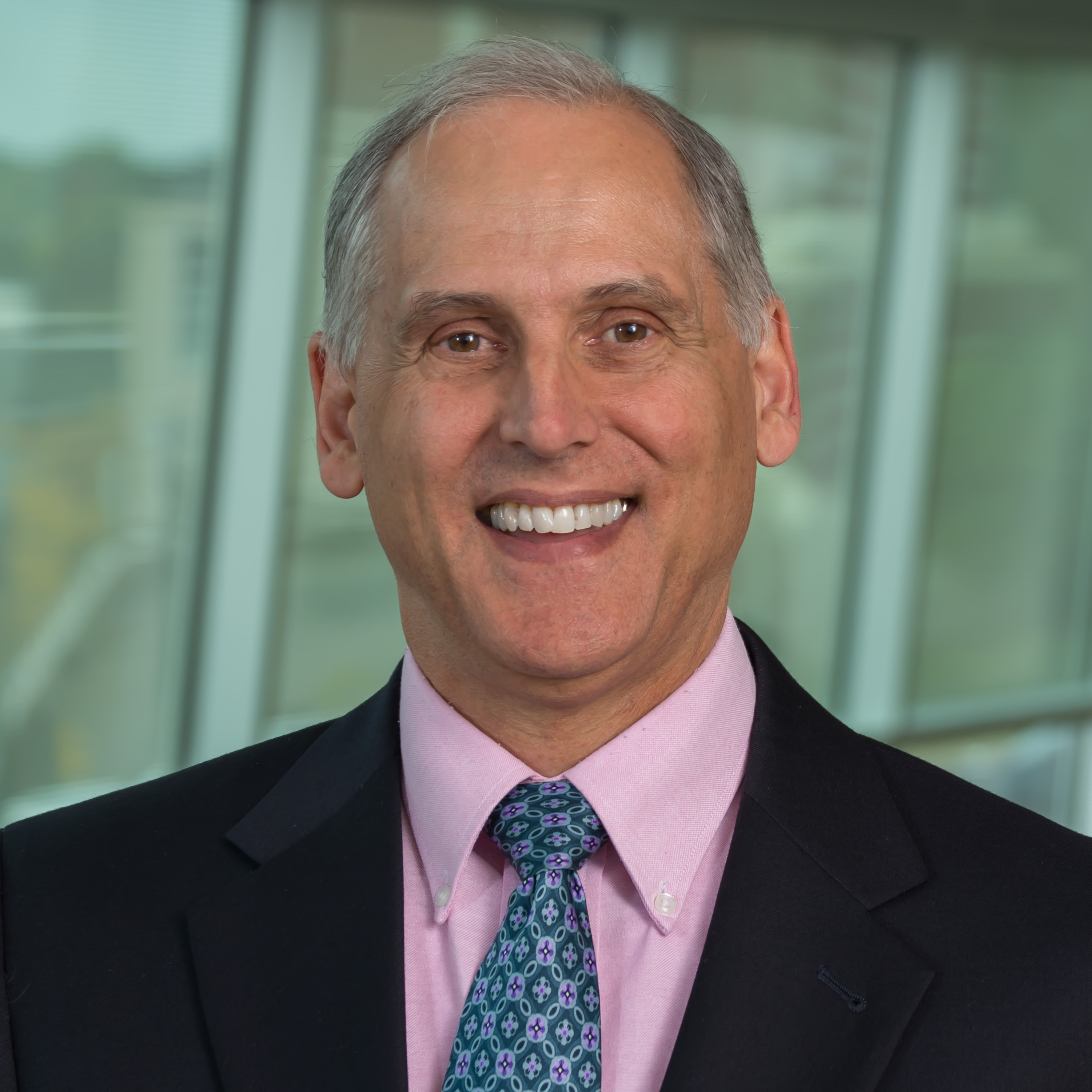 
Moderator: James Frank, MD, MA
Panel: Maryl Kreider, MD, MSCE; May M. Lee, MD; Peter H. Lenz, MD, MEd; Craig Piquette, MD; Geneva Tatem, MD |
Critical care airway training requires engagement from a multidisciplinary team and a tailored approach to different levels of learners. In this session, we will discuss strategies we developed to create a successful critical care airway training program at our institution. We will also go over challenges we faced and lessons learned.
Session objectives:
At the conclusion of this session participants should be better able to:
1. Discuss framework for procedural skill development in a fellowship program.
2. Discuss importance of appropriate airway training in the critical care environment.
3. Identify key components to developing a long lasting procedural skill program.
4. Identify challenged encountered in developing a multidisciplinary approach for a procedural skill. |
4:50 PM - 4:55 PM (PST)
Closing Remarks

James Frank, MD, MA |
|
|
Back to top
|
| TOPIC / SESSION TIME / TITLE |
BREAKOUT SESSIONS: GROUP 2 |
| TRAINEE TOPICS |
10:50 AM - 11:15 AM (PST)
Supporting the Struggling Learner: The Procedural Aspects of Remediation
 |
Leaders of graduate medical education training programs must be able to navigate the steps of the remediation process to optimize fellow success and to prioritize patient safety. Developing standardized approaches to remediation will allow program directors to achieve program goals, engender trust, and ensure an equitable and transparent approach while also considering the potential legal implications to a successful or unsuccessful remediation. This session will provide a framework for establishing a consistent process for remediation with an emphasis on the process and policies needed to support the program.
Session objectives:
At the conclusion of this session participants should be better able to:
1. Define commonly used remediation terms to apply to the creation of policies and procedures.
2. Describe the essential elements of the remediation process and outline the steps for completing them.
3. Identify special circumstances that impact the remediation process for trainees. |
11:15 AM - 11:30 AM (PST)
Overview of Trainee Well-being Best Practices and Literature

David J. De La Zerda, MD |
This session will review the key medical education literature regarding trainee wellness and approaches to trainee wellness for pulmonary and critical care educators.
Session objectives:
At the conclusion of this session participants should be better able to:
1. Review methods and conclusions of key publications addressing trainee wellness and approaches to trainee wellness.
2. Discuss areas for additional study and collaboration in the APCCMPD community and beyond.
|
| CURRICULUM |
11:30 AM - 11:45 AM (PST)
Framework for Procedural Training and Evaluation
 
Kristin M. Burkart, MD, MSc; Briana T. Short, MD |
Critical care airway training requires engagement from a multidisciplinary team and a tailored approach to different levels of learners. In this session, we will discuss strategies we developed to create a successful critical care airway training program at our institution. We will also go over challenges we faced and lessons learned.
Session objectives:
At the conclusion of this session participants should be better able to:
1. Discuss framework for procedural skill development in a fellowship program.
2. Discuss importance of appropriate airway training in the critical care environment.
3. Identify key components to developing a long lasting procedural skill program.
4. Identify challenged encountered in developing a multidisciplinary approach for a procedural skill. |
12:45 PM - 1:40 PM (PST)
WORKSHOP
An Overview of Curriculum Development for Program Leaders
 
Kristin M. Burkart, MD, MSc; Başak Çoruh, MD |
This workshop will use Kern et al.’s six-step approach to curriculum development to provide educators with a framework for problem identification and general needs assessment, targeted needs assessment, writing goals and objectives, educational strategies, implementation, and evaluation and feedback.
Session objectives:
At the conclusion of this session participants should be better able to:
1. Identify an educational need in the fellowship program.
2. Outline a systematic approach to curriculum development.
3. Develop a workshop or longitudinal curriculum for the fellowship program. approach for a procedural skill. |
| FACULTY DEVELOPMENT / ENGAGEMENT / WELL-BEING |
1:40 PM - 2:35 PM (PST)
WORKSHOP
How Do You Support Your Faculty?
 
Gabriel Bosslet, MD, MA; Maryl Kreider, MD, MSCE |
One of the roles of a Program Director is to support your core faculty. We will discuss common sources of struggles for core faculty and potential resources and strategies for overcoming them without overwhelming the Program Director.
Session objectives:
At the conclusion of this session participants should be better able to:
1. Identify common struggles for core faculty.
2. Recognize potential strategies for addressing core faculty struggles and grievances.
3. Determine potential resources for core faculty support besides the Program Director. |
|
2:50 PM - 3:45 PM (PST)
WORKSHOP
Self-Study and Continuous Process Improvement for Outcomes-Oriented Training
  
James Frank, MD, MA; Lekshmi Santhosh, MD, MAEd; Antonio Gomez, MD
|
Hands-on workshop will help education leaders engage stakeholders, critically evaluate program performance using specific metrics, and set specific goals for program improvement.
Session objectives:
At the conclusion of this session participants should be better able to:
1. Identify and engage stakeholders in program change and consider Program Evaluation Committee membership.
2. Define misison-based goals for your program.
3. Identify available metrics for monitoring progrm outcomes and processes.
4. Establish a framework to conduct a SWOT analysis for your program.
5. Develop a plan for conintuous improvement that informs the Annual Program Evaluation. |
| PROGRAM DIRECTOR CHALLENGES |
3:50 PM - 4:50 PM (PST)
PARTICIPANT-DRIVEN PANEL DISCUSSION
Your Most Difficult Challenges as a Program Director
 
 
 
Moderator: James Frank, MD, MA
Panel: Maryl Kreider, MD, MSCE; May M. Lee, MD; Peter H. Lenz, MD, MEd; Craig Piquette, MD; Geneva Tatem, MD |
Critical care airway training requires engagement from a multidisciplinary team and a tailored approach to different levels of learners. In this session, we will discuss strategies we developed to create a successful critical care airway training program at our institution. We will also go over challenges we faced and lessons learned.
Session objectives:
At the conclusion of this session participants should be better able to:
1. Discuss framework for procedural skill development in a fellowship program.
2. Discuss importance of appropriate airway training in the critical care environment.
3. Identify key components to developing a long lasting procedural skill program.
4. Identify challenged encountered in developing a multidisciplinary approach for a procedural skill. |
4:50 PM - 4:55 PM (PST)
Closing Remarks

James Frank, MD, MA |
|
Back to top
Disclosure Declaration
As a jointly accredited provider, the University of Nebraska Medical Center (UNMC) must ensure balance, objectivity, independence, and scientific rigor in its educational activities. Faculty are encouraged to provide a balanced view of therapeutic options by utilizing either generic names or the trade names of several to ensure impartiality.
All speakers, planning committee members and others in a position to control continuing education content participating in a UNMC-accredited activity are required to disclose relationships with commercial interests. A commercial interest is any entity producing, marketing, re-selling, or distributing health care goods or services consumed by, or used on, patients. Disclosure of these commitments and/or relationships is included in these activity materials so that participants may formulate their own judgments in interpreting its content and evaluating its recommendations.
This activity may include presentations in which faculty may discuss off-label and/or investigational use of pharmaceuticals or instruments not yet FDA-approved. Participants should note that the use of products outside currently FDA-approved labeling should be considered experimental and are advised to consult current prescribing information for FDA-approved indications.
All materials are included with the permission of the authors. The opinions expressed are those of the authors and are not to be construed as those of the UNMC.
Back to top
CME Credit
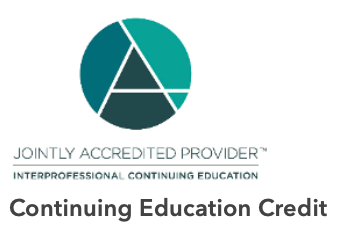
In support of improving patient care, this activity has been planned and implemented by University of Nebraska Medical Center and Association of Pulmonary and Critical Care Medicine Program Directors. University of Nebraska Medical Center is jointly accredited by the Accreditation Council for Continuing Medical Education (ACCME), the Accreditation Council for Pharmacy Education (ACPE), and the American Nurses Credentialing Center (ANCC), to provide continuing education for the healthcare team.
The University of Nebraska Medical Center designates this live activity for a maximum of 6.5 AMA PRA Category 1 Credit™. Physicians should claim only the credit commensurate with the extent of their participation in the activity.
Back to top

|
